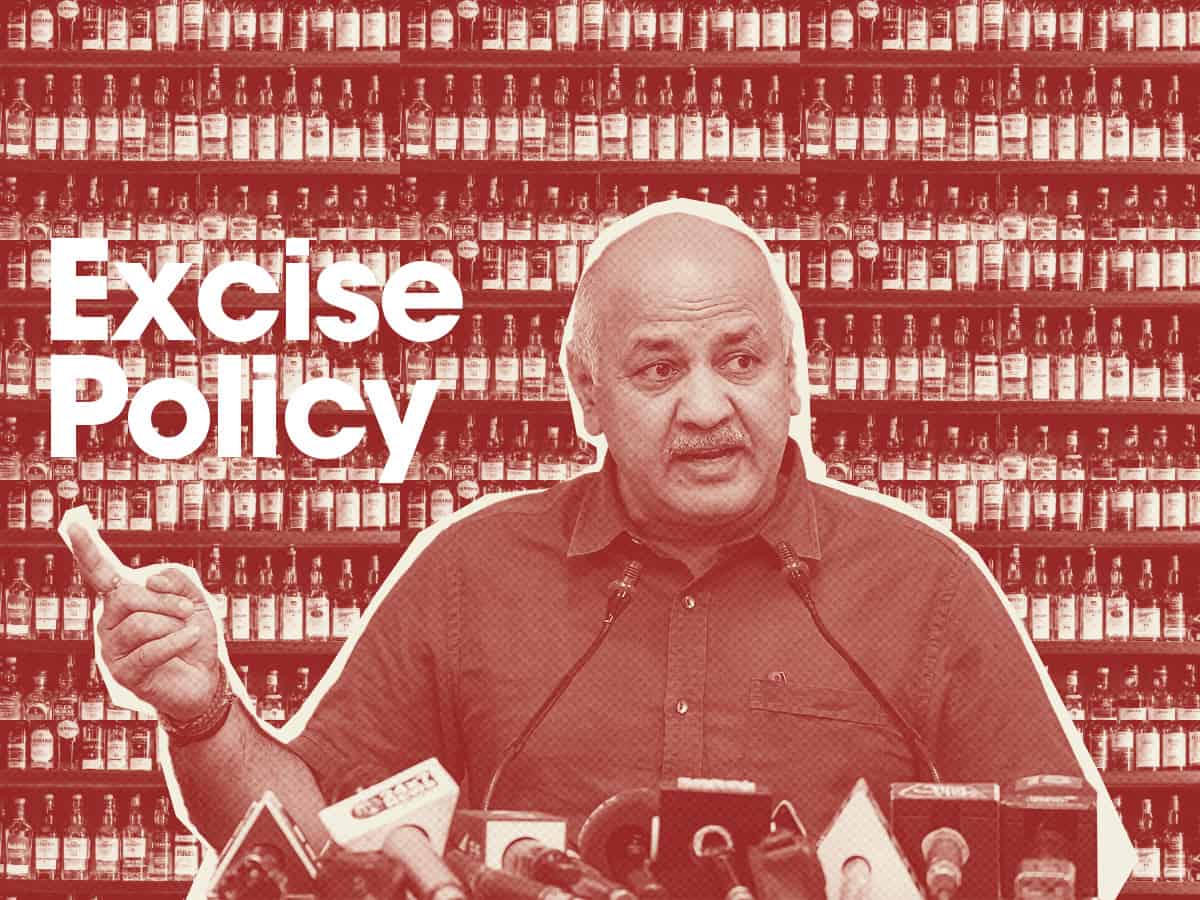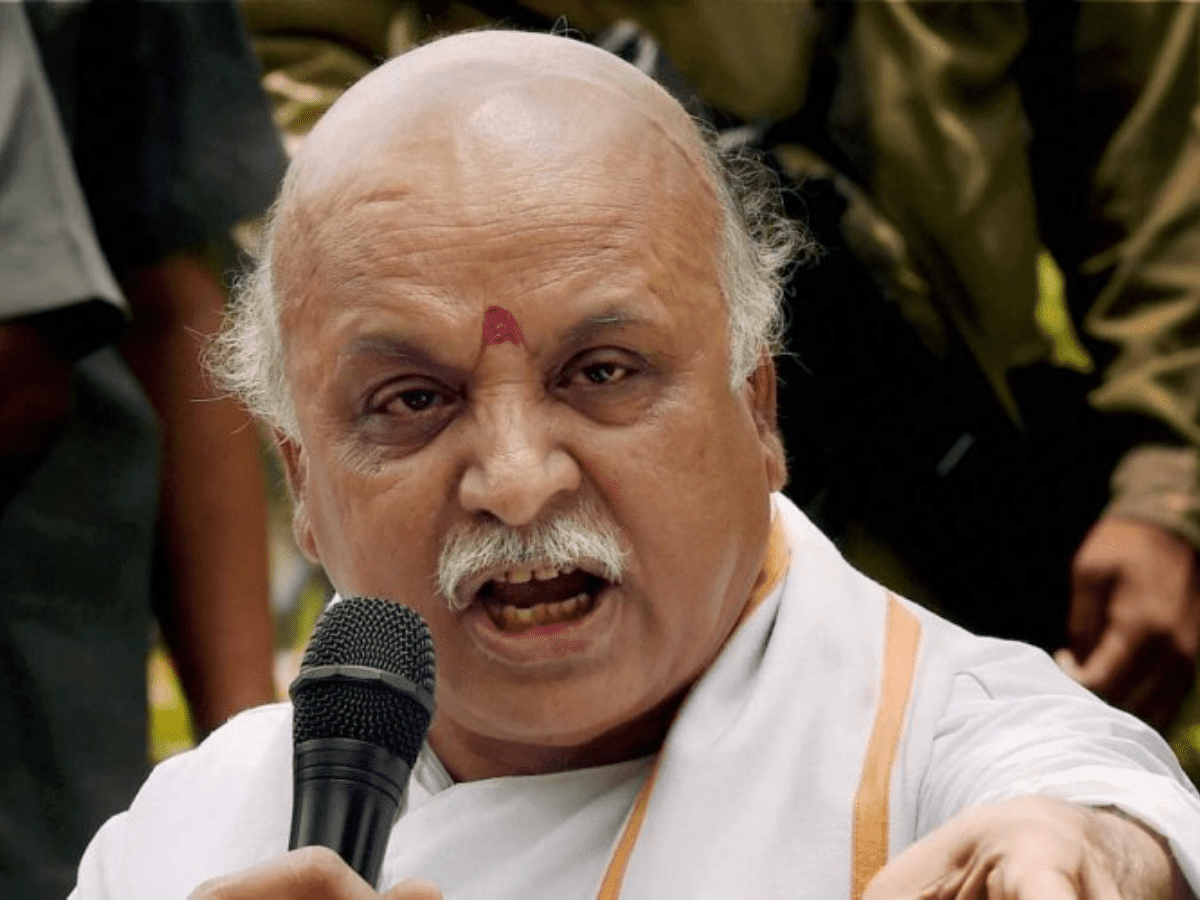It begins with Brown’s response to a House vote to overturn two duly enacted D.C. Council measures: One is a bill that permits noncitizens to vote in local elections, and the other is a long-gestating criminal code rewrite that, among other things, lessens minimum sentences for certain crimes. Predictably, both measures, in caricatured form, had been targets for conservative media and GOP politicians.
In a democracy, overturning the will of the voters is a grave affront, no matter the details. But Brown opined that defending these particular laws might not represent a hill worth dying on. “I think it’s just naive,” he told me. “The guys in the city council don’t understand, after all this time, that Congress has the ultimate say in the District of Columbia.”
Given that a shadow senator’s sole job is to fight that status quo, it’s easy to see why D.C. die-hards were so furious: It was as if a State Department spokesman responded to Chinese diplomatic criticism by abruptly announcing that, come to think of it, maybe it actually was a little hysterical of the Biden administration to shoot down that balloon.
When we spoke this week, he did not sound especially chastened.
Yes, “Congress should stay the hell out of our business,” he said, noting that he’d do his job and defend the measures — before quickly pivoting to denounce the District’s 13-member elected legislature for passing them at a moment when national politics have been fixated on crime and immigration. “We’re under attack, and this isn’t going to help,” he said. Under the terms of D.C.’s less-than-bulletproof home rule law, Congress has the right to disapprove of measures passed by local elected lawmakers, though it hasn’t exercised that power in 32 years.
“They reminded me of my teenagers,” Brown told me in reference to the Council, which overrode mayoral vetoes to approving the laws late last year, despite predictions that it would draw the ire of Congress’ new GOP majority. “The day after your mom catches you drunk in the living room with a bottle of wine is not the day you should be asking to borrow the car.”
In a minority-led city where locals have long chafed at “paternalistic” treatment by national political leaders, it takes a special chutzpah for one of the District’s own official defenders to literally compare adult local elected officials to his own errant children.
“Unhelpful,” Paul Strauss, Brown’s fellow shadow senator, told me. “We don’t get to pick and choose what we fight for and what we don’t in the democracy movement because we fight for democracy.”
“Very disappointing,” added Josh Burch of the activist group Neighbors United for D.C. Statehood. “We have to support home rule and D.C. statehood at all costs. That’s how democracy works.”
In fact, the criminal-code rewrite and the noncitizen-voting bill had been controversial at the local level before Congress weighed in. Both measures were opposed last year by Mayor Muriel Bowser, a relative centrist, and championed by the Council’s progressive bloc. (They ultimately passed with enough votes to override a veto). Though the mayor cited policy reasons in opposing the bills, the city’s precarious position vis a vis Congress was also top of mind.
Now, as locals are faced with the humiliating reminder that their territory lacks the right of the 50 American states to pass laws that folks elsewhere might find boneheaded, the question of how energetically the mayor and other establishment figures have defended home rule has become part of the recriminations.
“I think our reaction to this meddling is very different than past meddling,” says Burch. “The mayor and the council have always stood together in opposing it, and it just doesn’t seem as unified or as strong as in the past. I wish we were more loud and unified about it.” Yesterday, Bowser wrote a letter to Chuck Schumer and Mitch McConnell urging the Senate to reject the push to overturn. Saying that her own objections to the bills were a matter for the D.C. Council, not Congress, the mayor wrote: “I call on all senators who share a commitment to the basic democratic principles of self-determination and local control to vote ‘NO’ on any disapproval resolutions involving duly enacted laws of the District of Columbia.”
Ordinarily, this is the kind of tactical debate that bores anyone outside the narrow universe of statehood foot soldiers. What’s notable about the new acrimony among hyperlocal activists, though, is how much it mirrors the much more familiar conversation taking place among Democrats on Capitol Hill and beyond. As such, it’s an important one even for national party figures who couldn’t name a single D.C. Council member.
As my colleague Burgess Everett reported last week, Democrats in the Senate (where the override bill now heads) and the Biden administration (which might then have to decide whether to veto it) are now sweating about having to take a stand on the politically tricky measures. D.C. activists would like them to be guided by the philosophy that all Americans should be allowed to control their local affairs. But for a Senator who might wind up on the wrong end of a 30-second spot accusing Democrats of legalizing carjacking in D.C., the appeal to principle will only go so far. The House vote to overturn the laws already drew dozens of Democratic votes, most of them from pols who just two years ago voted to grant the capital full statehood.
In recent years, at both the local and national levels, it’s been easy to think that the costs of pleasing the base are low. At the national level, centrist predictions that pronouns would lead to Democratic doom failed to pan out in November, just like prior alarms that issues like same-sex marriage would consign the party to permanent minority status. And at the local level, the District’s remarkable two-decade municipal comeback has disproved old assumptions that the city’s progressive government would forever scare off businesses and residents — while the near-universal Democratic embrace of statehood gave the lie to assertions that statehood could never attract support beyond the progressive fringe.
But there’s another way to look at it, too: Maybe they’ve just been on a lucky streak. For the last decade or more, the hot-button issues that prompted camera-seeking Republican politicians to trample on the capital city’s autonomy have been ones where public opinion has generally been on D.C.’s side: marriage, weed, euthanasia, democracy. Operating on the Obama-era assumption that the culture was inexorably breaking their way, the average Democratic elected official was apt to see defending the capital’s home rule as politically painless.
Now it’s becoming clear that it won’t necessarily always be that way.
By involving a pair of issues where the average D.C. elected official is probably not in line with prevailing national public opinion, the current fracas has an altogether more retro feel — recalling, for instance, the early-1990s controversy that followed the killing of an aide to then-Sen. Richard Shelby of Alabama. Outraged at the murder and at the perception of a crime-ridden capital unwilling to get tough, Shelby crusaded to re-impose the death penalty in Washington, ultimately forcing a ballot initiative on the question. (It lost.)
At the time, the push to interfere in local criminal justice matters was understandably odious to D.C. residents, who deserve the same right to be out of step with national opinion as citizens of any other state. But in an era when the American population was alarmed about crime and broadly partial to the death penalty, the assault on democracy elicited little national backlash. It wasn’t even a partisan cause: Shelby, who switched parties in 1994, was still a Democrat at the time.
Also worth noting: The most recent Congressional victim of crime in D.C., Minnesota Rep. Angie Craig, was one of the 31 Democrats who voted this month to overturn the criminal-code rewrite.
As D.C. boosters keep pointing out, Washington’s crime stats today are nothing like the horror show of the ’80s and ’90s, but it’s a reminder that the perception of the capital as anything less than an immaculately governed place is still bad for the cause.
For the political elites who work out of Washington but rarely pay attention to local issues that seem small-ball, the scrum over how or if the city should fight to keep its laws from being overturned is worth paying attention to — and not just because the right to self-government really is a matter of justice. Today’s interference with obscure provisions to let foreigners vote in Advisory Neighborhood Commission elections could, a couple elections from now, very easily become efforts to overrule the will of the people on abortion rights or medical care, issues that might just prove important even to folks who don’t follow local-yokel politics.
For the same reason, though, maybe some of the die-hards should lay off Brown, the unfortunate shadow senator. Yes, it’s appalling that the elected representatives of any American citizens should have to cater to the whims of a Congress they don’t elect. It’s also not new or unique to D.C. Since independence, aspiring members of the union have maneuvered to please the national government they seek to join. Discretion can sometimes be the better part of valor, especially since the past month has taught a new generation of local activists something that would have been obvious to their counterparts of 30 or 40 years ago: They shouldn’t count on the monolithic support of one of the nation’s two political parties.
Just this week, as it happens, Arkansas Republican Tom Cotton was soliciting campaign donations based on his opposition to the noncitizen-voting measure, which his fundraising email said proved that “when liberals tell you they care about election integrity, don’t believe them.” Local activists trying to maintain the remarkably broad national Democratic support they’ve enjoyed over the past few years would not be complete sell-outs to think that one way to do so would be to avoid issues that hand a weapon to the party’s foes.
Of course, that’s not how activists steeped in the language of fairness and equality are likely to see it.
To Burch, the GOP Congress was always going to bogeyman D.C. issues, an easy target at a time of divided government for attention-seeking members whose constituents live elsewhere. Given the amount of bad faith involved, preemptively trying to placate them is like negotiating with yourself.
“The District has to do what it must do,” adds Eleanor Holmes Norton, the city’s longtime Congressional Delegate — an actual federal office, unlike Brown’s. Norton says she empathizes with the plight of her fellow Capitol Hill Democrats, many of whom can’t afford not to consider their own constituents while they ponder bills that apply only to her’s. The whole ugly spectacle, she says, is an argument for statehood. But in the meantime, “I don’t think the District should keep an eye on Congress when it decides what’s best for the city.”












